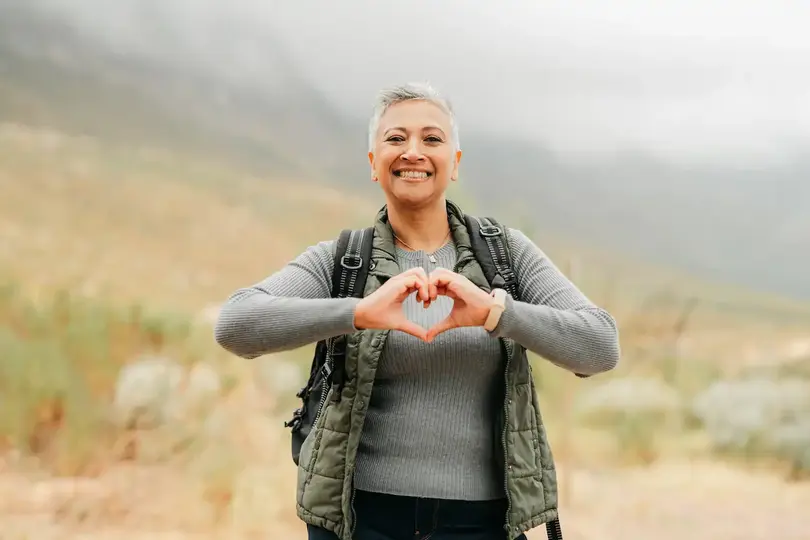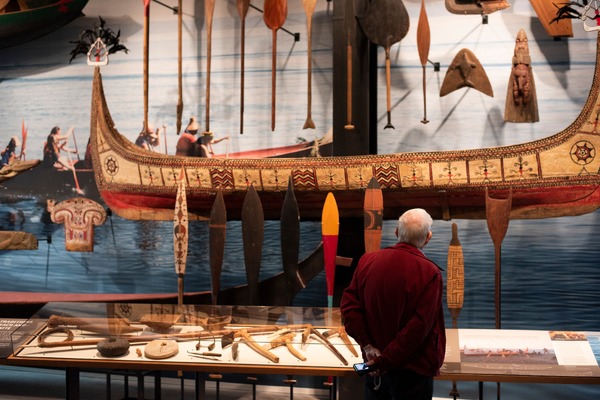6 ways to make travel more accessible for deaf customers
Marcus Oaten, Deaf impact officer at Signapse – which uses artificial intelligence to power sign language translation technology – looks at how travel companies can support their hard of hearing customers
As a Deaf person, I’ve lost count of unforeseen circumstances that have arisen during journeys. Each time, I needed to try to keep up with other travellers to understand what was happening, that recurring anxious feeling of not getting to the destination or being on time. This distinct emotion is a frequent occurrence within the Deaf community. Whilst there is accessibility at stations, the accessibility while travelling is reduced significantly for Deaf users. At Signapse we are helping people travel more independently without the discomfort of needing to ask for assistance. I’m excited to see this progress and evolve into something we Deaf people can use everyday.
Disability rights organisation Transport for All states: “Without the ability to get from A to B, the world stops at the front door.” Deafness can have a profound impact on some people’s ability to enjoy a smooth travelling experience. It’s up to all transport and travel organisations to ensure that everyone is included, and communicated with effectively.
There are 12 million Deaf people in the UK. Of these, 87,000 Deaf people use British Sign Language (BSL) as their primary language – and there are over 150,000 BSL users. Our new deputy prime minister, Angela Rayner, is a true advocate for the use of BSL, and there are promises for it to be taught as a GCSE in schools by 2025, so that everyone has at least a rudimentary understanding of it and can communicate more easily.
Being empathic and proactive about this is vitally important. It’s not just a human decision. There are important laws, like the UK Equality Act 2010 and the British Sign Language Act 2022, that make sure Deaf individuals are protected from discrimination and included equally in society.
We live in a fast-paced world – and stations and airports are naturally a little hectic, with a number of communication touch points to consider, but there are some simple actions that the travel industry can take to ensure everyone feels valued and able to enjoy their experience.
1. Do your research
First of all, research is needed so that there is an understanding of the needs of Deaf people during a journey. Organisations such as Action Deafness and the Royal Association for Deaf people provide free advice and information, from helpful apps, social and environmental tips to training and awareness courses. Learning and understanding another person’s perspective is the first step towards equality. Alexandre Bloxs, policy manager at the European Union of the Deaf, states on the European Disability Forum that “access to information in sign language is crucial for the deaf community”. Understanding where that sign language can be used is the first step.
2. Ask questions
Honesty is at the heart of all good communication, so travel companies who ask questions in a courteous, constructive way are taking the wisest approach to understand how best to serve Deaf customers. It also means Deaf customers will know that they are being valued. New tools and approaches are constantly being introduced, so making the effort to ask about these and keeping up to date shows that their needs are considered at every point of the journey.
3. Make booking inclusive
Online bookings now make up 83% of holiday bookings according to Abta, and 41% of those are on mobile phones. The tech used in your website should therefore be usable to Deaf customers. Have you included video content? Highly likely. Does it use subtitles or include a BSL translator? It should, otherwise it cannot be enjoyed by your Deaf customers. If digital platforms are not made with inclusivity in mind, it could be difficult for some people to access information. Work with companies and suppliers that consider disabilities and Deaf colleagues from the outset. Ensure websites and booking platforms are compliant with the Web Content Accessibility Guidelines (WCAG) and include features such as subtitles, BSL translation and text alternatives for audio content.
4. Adapt welcome signs
Upon arrival at any station, airport terminal or hotel, there are welcome notices. These should include information about the check in process or the actual journey in a suitable format, and where Deaf customers can access more support should they need it, ie via an app or text, at an information desk, or through a rep that is trained in BSL.
5. Deploy screens
Schedule updates are usually in text format and changes are announced over loudspeaker. The loudspeakers are not effective for Deaf customers, obviously, but did you know that you know that BSL users often struggle with standard text? There is so much technology available to support inclusion for deaf people – but the key is understanding what works best in which environment. AI translation is perfect for stations and airports – having a large screen BSL version of all times, terminals and most importantly, any changes to schedules, ensures that nobody misses out. More and more train stations are using large screens and these provide the ideal format to communicate to everybody all at once.
On the journey itself, briefings about safety are increasingly delivered via screens as opposed to in situ by a member of staff. This vital information should be accompanied by a BSL translation. It is simple and easy to overlay and ensures that everyone is fully informed of the most important procedures. Screens on chair backs also offer the ideal opportunity to communicate travel updates, shopping and menu options to Deaf customers who cannot hear updates from the cabin team.
6. Train personnel
Consider the teams representing your services and train them in BSL. On any flight, in any transfer, in any hotel, there should be members of the team who can communicate in this way. When staff are trained in the basic words and phrases they can use to respond to Deaf customers in the right way, this helps them to converse, give reassurance and promote inclusion.
According to research by MMGY Global, 96% of disabled travellers have faced a problem with accessible accommodations while travelling, 86% have faced difficulties with air travel and 79% have experienced transportation problems. There are many forms of disability, not all of them visible. But with empathy and understanding, it can be easier to ensure that everyone feels included, respected and valued – and able to enjoy a positive travel experience, whatever their journey entails.











